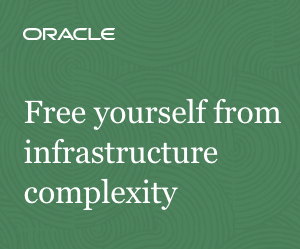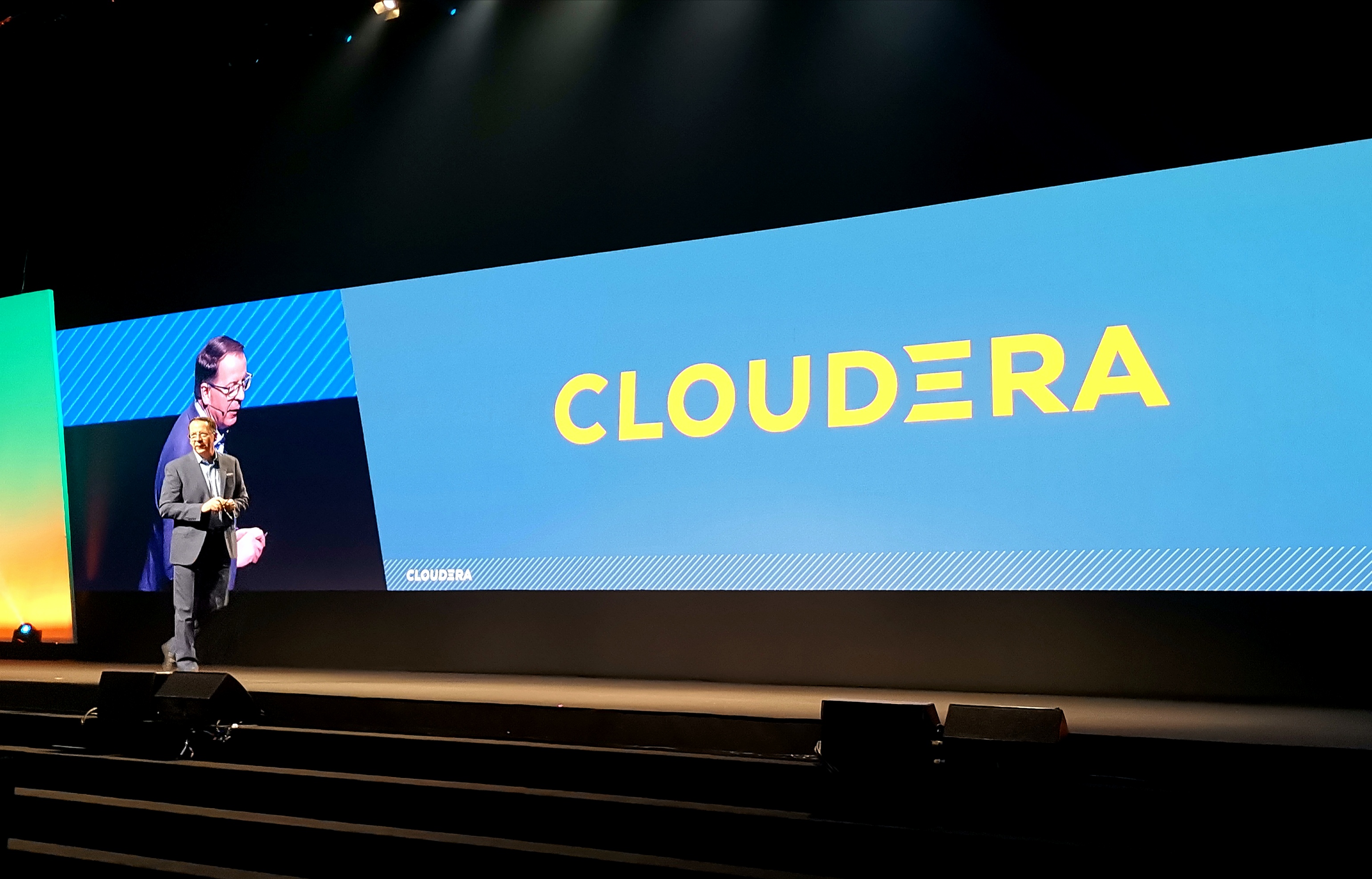Data is key to the next space race – and Toulouse is at the heart of it
A data lake capable of housing 100PB of data could revolutionise the way France uses geospatial data


The French city of Toulouse is famously known as ‘La Ville Rose’, the Pink City, due to the sheer volume of red bricks that run through its streets and buildings, creating a breathtaking spectacle. It’s also, however, home to a burgeoning startup scene with a focus that's a little more out of this world.
Space technology has almost taken over the fourth largest city in France; many of its news tech businesses are focused on satellite data, which has caught the attention of the French Space Agency (CNES).
Towards the end of 2021, CNES chose Orange Business Services (OBS) to lead an industry consortium to design, deploy and maintain a new storage system for its scientific spatial data. This is, in part, to help CNES modernise its storage infrastructure, but also find ways it can use the plethora of satellite data it receives in better ways. When completed, it’ll resemble a private cloud platform, and will be based in Toulouse.
“Toulouse is really the capital of space in France,” according to Etienne Bonhomme, France’s director of cloud activities at Orange Business Services. “This is where you've got all the companies in the space market – they are located in Toulouse.”
Oceans of data
RELATED RESOURCE

The topic of space is interesting in itself, Bonhomme explains, but what’s more exciting is the data coming from the many satellites orbiting Earth. OBS aims to use the data CNES captures for the benefit of society, and to boost the economy, citing examples such as transportation and tourism. The French space sector employs roughly 20,000 to 30,000 people, but their work with data can also help the two million that work on tourism, he explains, touching on how the sector can bed roots into other sections of the economy.
“This is why CNES has launched this project,” he says. “A private cloud auto-scaling infrastructure, which is being built in one place; that they expect will be a new data zone designed to take advantage of the split between compute and storage. When you’re looking for data, you won’t be slowing down the user with silos. You have, instead, each individual element that can scale when necessary.”
CNES has specifically drafted in OBS to build a data lake because the volume of data coming from this space is “exploding”, Bonhomme explains. So much so, the firm foresees the volume of data could actually double by 2025 because there will be more powerful satellites relaying even more data to ground stations, which, in turn, inevitably means more data to analyse.
Get the ITPro daily newsletter
Sign up today and you will receive a free copy of our Future Focus 2025 report - the leading guidance on AI, cybersecurity and other IT challenges as per 700+ senior executives

Bonhomme describes Toulouse as the capital of space in France
The reasoning behind a data lake is very much tied to the potential for satellite data because it removes certain barriers for users. A data lake is a type of centralised repository that's different from a data warehouse, in that it doesn’t require a holder to store data with any specific ideas about its intended use – it accepts both structured and unstructured data. One of the reasons people sometimes have structured and unstructured forms of data is that it often gets stored in different locations – on-premise and the cloud – with the data lake offering a single virtual facility to house it. This is arguably the best place to store data collected from satellites, which have, seemingly, endless possibilities.
The next space race
“The purpose of the data lake is actually at the heart of the digital transformation of the French Space Agency,” Bonhomme explains. “Beyond storage, the challenge is to process and transform the information in order to accelerate innovation cycles and tasks, and use data in various data initiatives it carries out.”
The new data lake, technically, will be capable of hosting 100PB of special data. Just 1PB is the equivalent of 500 billion pages of standard printed text or 11,000 4K movies. Much of the data collected will have an economic value, particularly for geolocation and imagery, but it will also hold information of importance to technologies that monitor climate change. These include systems monitoring rising sea levels, or machines that analyse the ozone layer. Geospatial data is also important for emerging technologies such as driverless cars or for other, more traditional services, like digital maps and even urban planning.
In supplying the infrastructure for CNES, OBS is helping to facilitate the advancement of scientific understanding, but also aid the emergence of new services and products within the industry. Having such data stored in a single repository, that doesn’t require stipulations to structure it, is also a powerful capability.
“The dream for every organisation is to be able to transform this data into gold,” Bonhomme adds. “This is also the case in the space market – they want to be able to transform their data into something that's billable.”
Bobby Hellard is ITPro's Reviews Editor and has worked on CloudPro and ChannelPro since 2018. In his time at ITPro, Bobby has covered stories for all the major technology companies, such as Apple, Microsoft, Amazon and Facebook, and regularly attends industry-leading events such as AWS Re:Invent and Google Cloud Next.
Bobby mainly covers hardware reviews, but you will also recognize him as the face of many of our video reviews of laptops and smartphones.
-
 How Liverpool FC signed Wasabi's cloud storage to revolutionize its media operations
How Liverpool FC signed Wasabi's cloud storage to revolutionize its media operationsCase Study The iconic soccer club has massively improved the efficiency of its content creation and data management workflows
By Rene Millman
-
 Splunk adds AI and edge hardware to its observability product line-up
Splunk adds AI and edge hardware to its observability product line-upNews Generative AI brings natural language to SPL, and ML toolkit is updated
By Richard Speed
-
 Winning with multi-cloud
Winning with multi-cloudWhitepaper How to drive a competitive advantage and overcome data integration challenges
By ITPro
-
 IBM acquires hybrid data firm Bluetab Solutions
IBM acquires hybrid data firm Bluetab SolutionsNews Madrid-based consultancy will help IBM capitalise on opportunities within the market for data services
By Bobby Hellard
-
 How to maximise the value of your data and apps with IaaS
How to maximise the value of your data and apps with IaaSWhitepaper Free yourself from infrastructure complexity
By ITPro
-
 NASCAR revs up its video business with AWS
NASCAR revs up its video business with AWSNews The cloud platform will help with the automated processing of its mammoth video catalogue spanning 70 years
By Connor Jones
-
 View from the airport: DataWorks Summit 2019
View from the airport: DataWorks Summit 2019Opinion There’s no honeymoon period for the ‘new’ Cloudera as questions about the future go unanswered
By Keumars Afifi-Sabet

